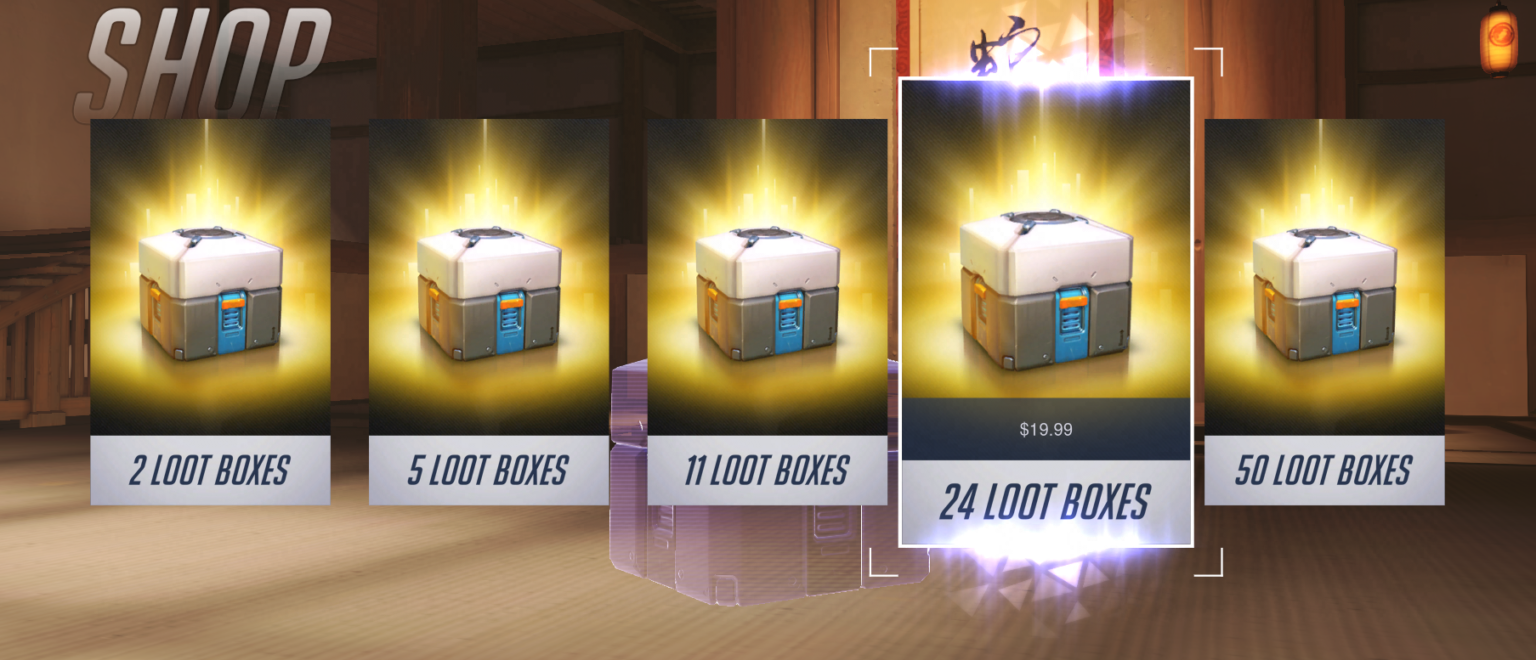In the verge of the international uproar about loot boxes in videogames, and the controversial involvement of the governments and their standpoint on this matter, the executive director of the UK Gambling Commission has released a statement, surprisingly, in contradiction to most opinions out of Europe and Australia.
It has been known that the UK Gambling Commission already touched on this matter in early 2016, and in March, earlier of this year, but primarily focused on E-sports and skin gambling.
“One commonly used method for players to acquire in-game items is through the purchase of keys from the games publisher to unlock ‘crates’, ‘cases’, or ‘bundles’ which contain an unknown quantity and value of in-game items as a prize. The payment of a stake for the opportunity to win a prize determined at random bears a close resemblance, for instance, to the playing of a gaming machine,” it stated.
But there is also a section on loot boxes that acknowledges their mechanical similarity to gambling – although it also notes that they do not fall under the legal definition of gambling. “Where prizes are successfully restricted for use solely within the game, such in-game features would not be licensable gambling, notwithstanding the elements of expenditure and chance.”
As Miller stated:
“Our starting point in deciding our position with any product is to look closely at whether or not it falls under UK gambling law. The definition of what is legally classed as gambling is set by Parliament rather than by us. Our role is to apply that definition to activities that we see and any changes to that definition need to be made by Parliament.”
“A key factor in deciding if that line has been crossed is whether in-game items acquired ‘via a game of chance’ can be considered money or money’s worth. In practical terms this means that where in-game items obtained via loot boxes are confined for use within the game and cannot be cashed out it is unlikely to be caught as a licensable gambling activity. In those cases our legal powers would not allow us to step in.“
Miller is concerned with the growth in examples where the line between videogaming and gambling is becoming increasingly blurred. “Where a product does not meet that test to be classed as gambling but could potentially cause harm to children, parents will undoubtedly expect proper protections to be put in place by those that create, sell, and regulate those products. We have a long track record in keeping children safe and we are keen to share our experiences and expertise with others that have a similar responsibility.” he said.







